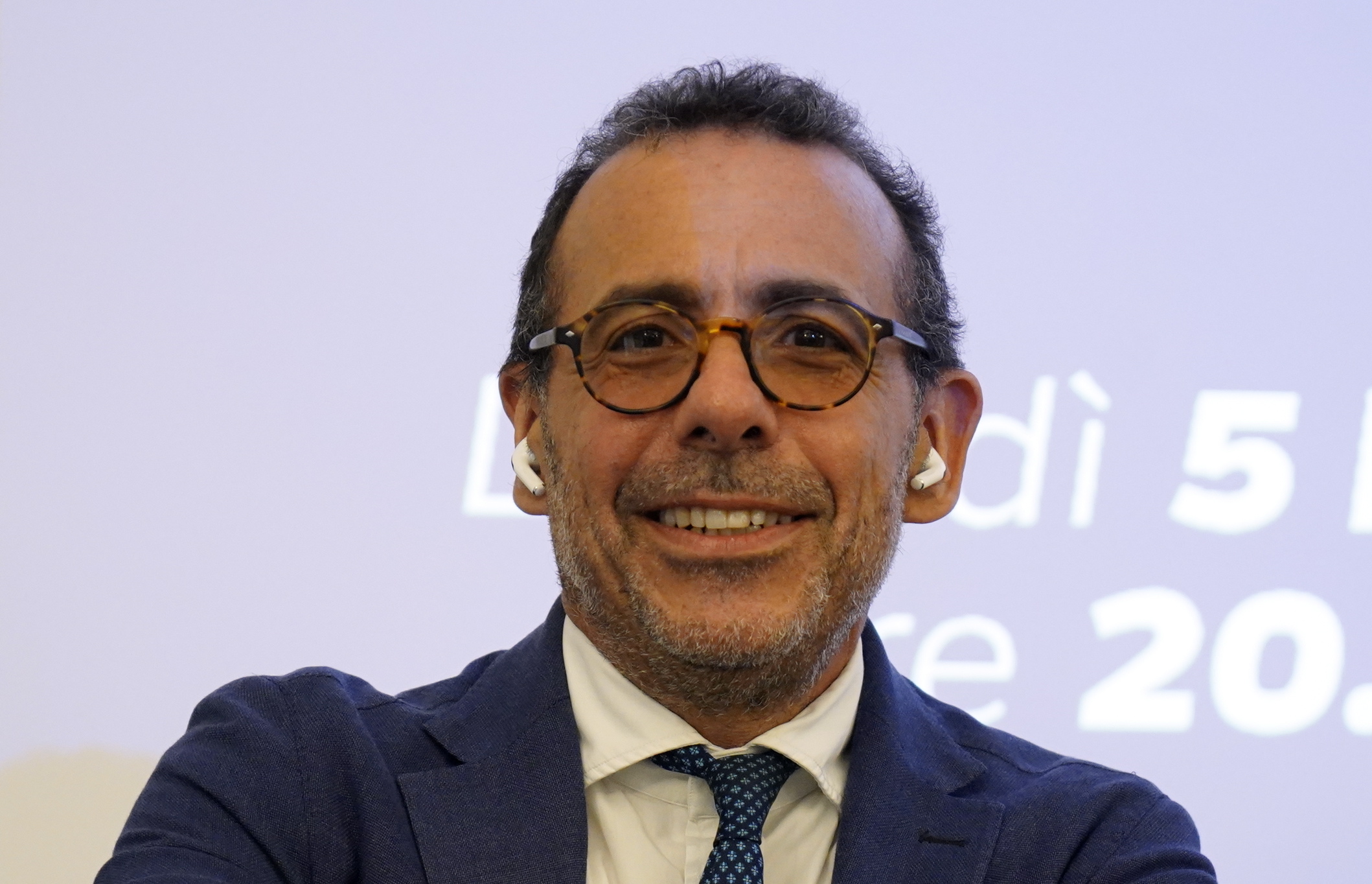I, a professor and a southerner, praise differentiated autonomy. Constitutionalist Guzzetta speaks

Because I don't share the criticisms of many southerners on the reform. Interview with the jurist Giovanni Guzzetta, constitutionalist and member of the Clep, the committee responsible for determining the Lep, on the reform of differentiated autonomy
From Campania to Sardinia, the pool of detractors of the differentiated autonomy reform is expanding. The concerns concern the risks for less rich and less developed regions of falling behind and finding themselves impoverished by a lack of resources. A multi-speed Italy that scares those who would like to stop the reform process.
“It's a south that doesn't believe in itself, and it hurts.” This is what jurist Giovanni Guzzetta , constitutionalist and member of the CLEP, the committee responsible for determining the Lep, speaks in this conversation with Start Magazine .
According to critics of differentiated autonomy, the increase in the powers of the regions would be to the detriment of national unity. Is that so?
Formulated like this, they seem to me to be totally abstract criticisms. Furthermore, they are in contrast with what the Constitution provides: that is, that there can be greater forms of autonomy for the regions that request it, after they have clearly passed the approval process. Frankly, I don't understand the meaning of these objections, at least not on a legal level. Of course you can criticize the Constitution. Then it should be explained why they would be to the detriment of national unity or of some regions. Put like that, it seems a bit abstract to me.
The president of the Court of Auditors of Campania Michele Oricchio intervened on this point, saying he was concerned because "some areas would be condemned to remain without resources unless greater financial resources are identified to ensure the same essential levels of performance ”.
This is simply not what the law provides. The law provides exactly the opposite: that is, that the essential levels of services are guaranteed to all regions, even those that do not access autonomy, and that an equivalent level of resources is guaranteed.
Why are Leps central to the reform of differentiated autonomy?
The Constitution establishes that the essential levels of performance are defined by state law and guaranteed to all citizens, throughout the national territory. This is a provision contained in the Constitution since 2001. 23 years have passed, many sectors are still without Lep, so it is certainly not differentiated autonomy that introduces or delays Lep. We are witnessing the inimplementation of the Constitution.
What changes with differentiated autonomy?
The Reform of differentiated autonomy conditions the granting of autonomy on the prior preparation of the Lep. This has led to an acceleration in the identification of these essential levels. Therefore, at this moment, the process of differentiated autonomy is promoting national unification, because it is facilitating the definition of the services to be guaranteed uniformly throughout the territory.
What are the areas in which there is a greater deficit in determining the Lep?
Apart from healthcare, social services and education, everyone else. So in virtually all sectors there is a shortage of essential levels.
So the reform could be a good opportunity to remedy this flaw.
Absolutely yes. It must be because otherwise it cannot be implemented, it is the condition for differentiated autonomy to be granted.
Yet even the newly elected president of Sardinia, Todde, said she was worried about the differentiated autonomy reform. Indeed, he believes that the reform "weakens Sardinia's autonomy a lot because the fact of being able to negotiate the matters to be dealt with is not something that can be useful, especially for regions with special statutes like mine". What do you think?
They seem to me to be very assertive statements whose meaning I don't quite understand. The Regions with special statute are already forms of differentiated autonomy. Furthermore, their statutes can be modified. It is strange that there is an objection against differentiation by the President of a Region that already enjoys a differentiated regime.
As we have seen, many criticisms and concerns about the reform have come from representatives of southern Italian institutions, such as the president of the Campania Region De Luca. Why is there such widespread skepticism?
I think it's because the south doesn't believe in itself and, as a southerner, this is the thing that displeases me the most and makes me indignant. The south does not believe it is capable of accepting the challenge and enhancing the faculties and potential it has.
There is fear of being left alone and of not knowing how to stand on one's own two feet.
Exact. Furthermore, differentiated autonomy would not worsen the conditions of the regions that remain in the ordinary regime. It simply allows others to make the bet that other regions don't want to make. Among other things, a few years ago, Campania had made a request for differentiated autonomy. So it seems to me that opinions have changed on this point.
This is a machine translation from Italian language of a post published on Start Magazine at the URL https://www.startmag.it/mondo/io-prof-e-meridionale-elogio-lautonomia-differenziata-parla-il-costituzionalista-guzzetta/ on Sat, 02 Mar 2024 08:48:15 +0000.
